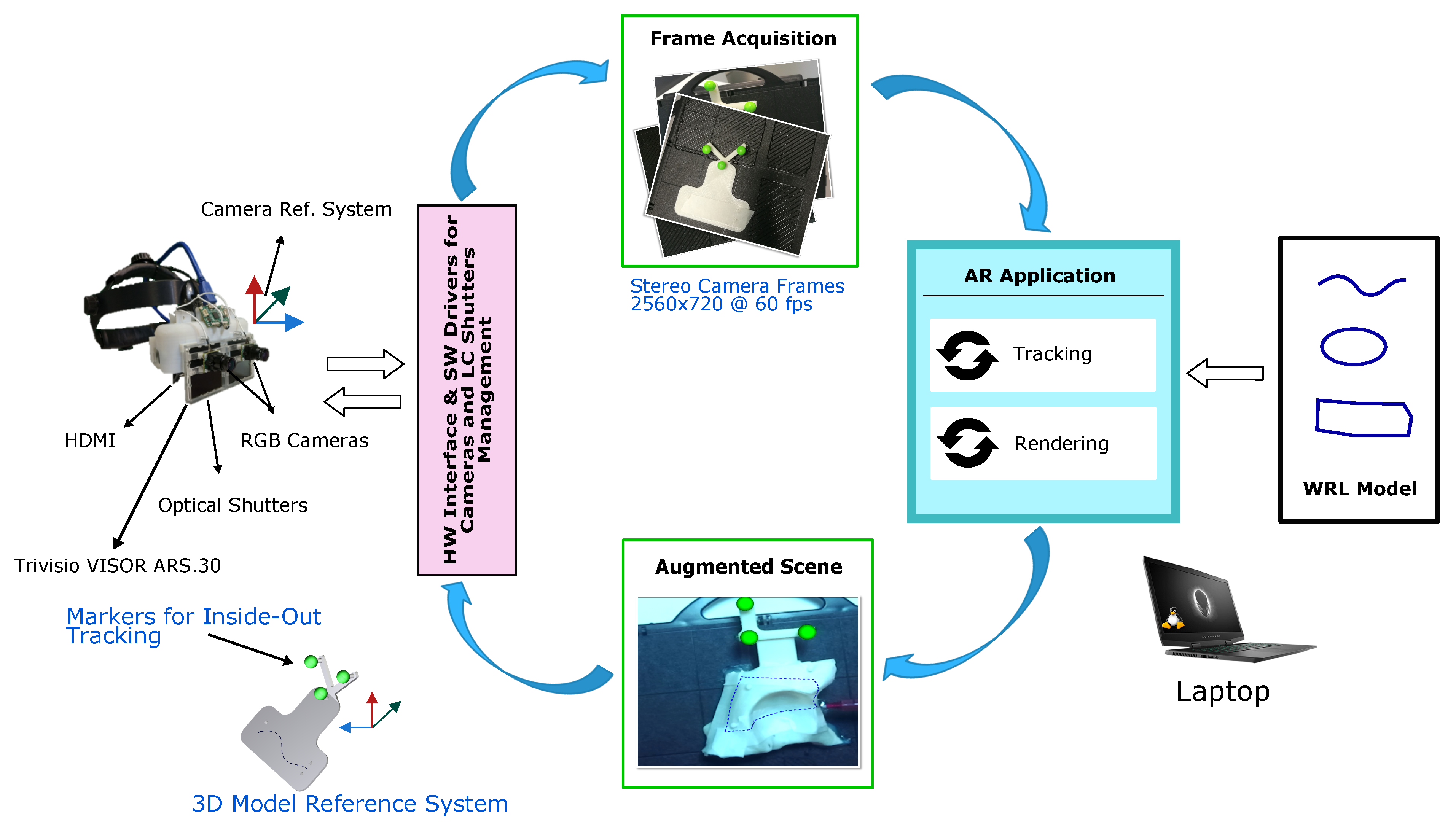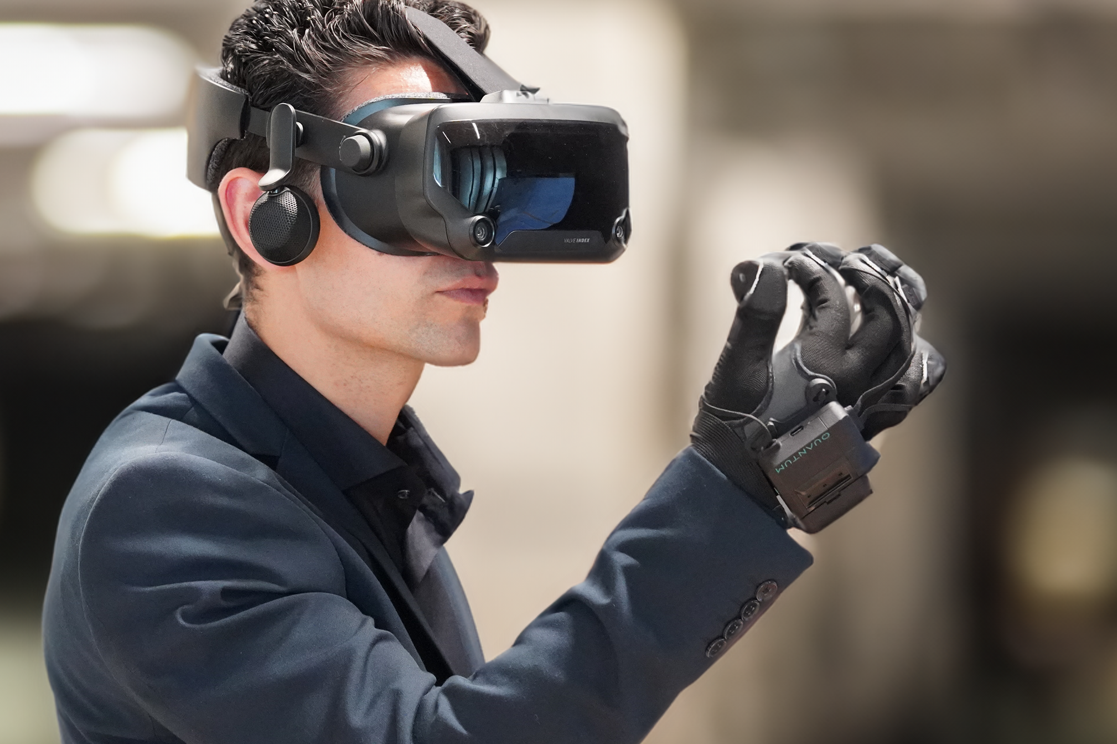In the realm of manufacturing, precision and accuracy are paramount. Any slight deviation from the desired specifications can lead to defects, inefficiencies, and costly setbacks. To meet the ever-increasing demands for quality and efficiency, manufacturers are turning to an unlikely ally: quantum sensors. These cutting-edge devices, rooted in the bizarre and mind-bending principles of quantum physics, are poised to revolutionize the manufacturing industry.
The Quantum Revolution
Quantum physics, often considered one of the most perplexing and counterintuitive branches of science, has been the source of many technological breakthroughs. From quantum computing to quantum cryptography, researchers have harnessed the peculiar properties of quantum mechanics to push the boundaries of what’s possible. Quantum sensors are the latest addition to this list, and they promise to change the way we manufacture goods.
At the heart of quantum sensors is the notion of quantum entanglement—the phenomenon where particles become connected in such a way that the state of one particle is instantaneously influenced by the state of its entangled partner, regardless of the distance separating them. This property, among others, allows quantum sensors to achieve levels of precision and sensitivity that were once thought impossible.
Applications in Manufacturing
- Quality Control
In manufacturing, ensuring the highest quality of products is of paramount importance. Traditional sensors, while reliable, have their limitations in terms of precision. Quantum sensors, on the other hand, can detect even the slightest deviations from the desired specifications. For instance, in automotive manufacturing, quantum sensors can identify microflaws in materials that might go unnoticed by conventional sensors, leading to safer and more reliable vehicles. - Material Characterization
Materials used in manufacturing processes need to meet stringent standards. Quantum sensors can provide detailed information about the properties of materials, such as their composition, density, and mechanical properties. This level of accuracy is invaluable for selecting the right materials and optimizing production processes. - Environmental Monitoring
Manufacturing facilities often have strict environmental regulations to adhere to. Quantum sensors can help monitor and control emissions, ensuring compliance with environmental standards. Additionally, they can detect and mitigate pollution in real-time, minimizing the impact of manufacturing on the environment. - Process Optimization
Efficiency is a key factor in manufacturing, and quantum sensors can play a pivotal role in optimizing various processes. By providing real-time data with unmatched precision, these sensors enable manufacturers to fine-tune their production methods, reducing waste, energy consumption, and production costs.
Benefits of Quantum Sensors
The integration of quantum sensors into manufacturing processes comes with a multitude of benefits:
Unprecedented Precision
Quantum sensors can measure physical quantities with unparalleled precision. Whether it’s temperature, pressure, or electromagnetic fields, these sensors can detect even the tiniest variations, allowing manufacturers to maintain tighter control over their processes.
Real-time Monitoring
Quantum sensors provide real-time data, enabling manufacturers to react swiftly to any deviations or anomalies. This not only improves product quality but also reduces downtime and maintenance costs.
Reduced Waste
With precise monitoring and control, manufacturers can minimize material wastage and defects. This not only saves resources but also reduces environmental impact.
Enhanced Productivity
By optimizing processes and reducing downtime, quantum sensors can boost overall productivity. Manufacturers can produce more in less time, increasing their competitiveness in the market.
Challenges and Future Prospects
While the potential of quantum sensors in manufacturing is undeniable, there are challenges that need to be addressed. These include the cost of implementing quantum sensor technology, the need for specialized expertise, and the need for standardization in the industry.
However, as technology advances and becomes more accessible, these challenges are likely to be overcome. Quantum sensors are on the cusp of transforming manufacturing in ways we can hardly imagine today. As they become more prevalent, we can expect to see a wave of innovation and efficiency that will shape the future of manufacturing.
Conclusion
Quantum sensors are ushering in a new era of manufacturing, where precision and efficiency reach unprecedented levels. From ensuring product quality to optimizing processes and reducing environmental impact, the applications of quantum sensors are vast and promising. While there are challenges to overcome, the potential benefits are too significant to ignore. As manufacturers continue to adopt and adapt to this cutting-edge technology, we can expect to see a manufacturing landscape that is more efficient, sustainable, and competitive than ever before. Quantum sensors are not just the future of manufacturing; they are the quantum leap forward that the industry has been waiting for.




